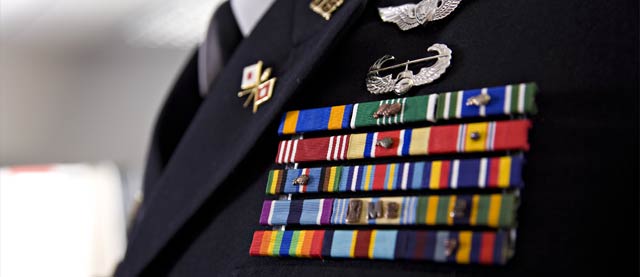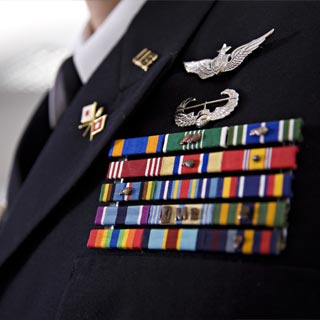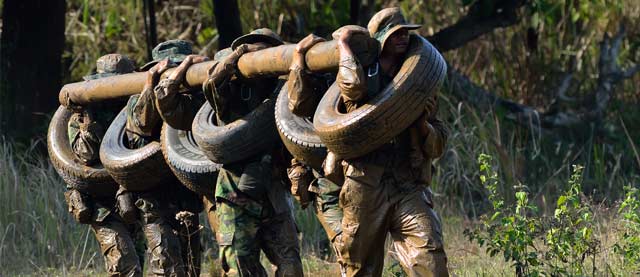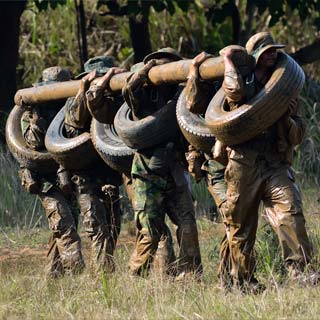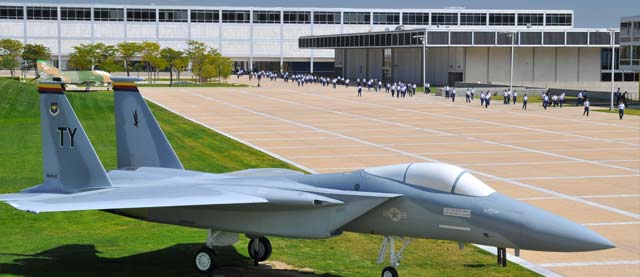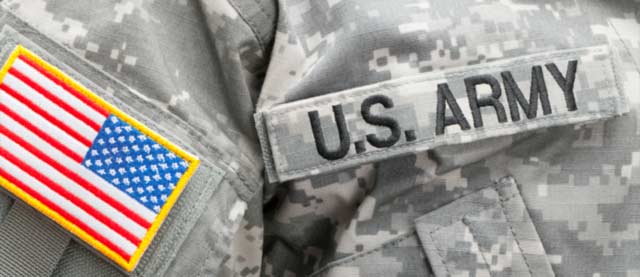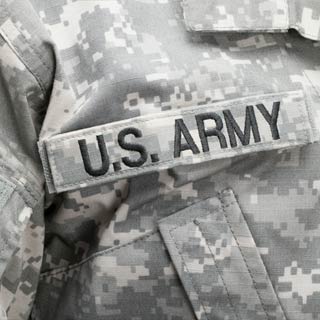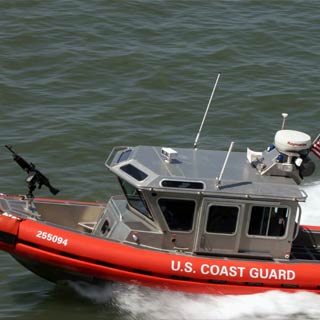The military offers a disciplined environment for individuals from all educational backgrounds. There are many benefits and drawbacks to consider before joining the ranks, but once you’ve made your decision, there are multiple paths that all lead to a rewarding career. Anyone with at least a high school diploma can enlist, while college graduates may be able to commission as officers and enjoy the higher level of responsibility associated with the job.
The United States military is made up of five different branches, each with a different mission. Within each branch, there are active and reserve units made up of both enlisted soldiers and commissioned officers. Enlisted soldiers must have a high school education, while commissioned officers need a collegiate education. If you join the military you will experience job security, a stable paycheck, and medical benefits, but you may also have to deal with deployment.
Any U.S citizens or permanent residents who are at least 17 years old and in possession of a high school diploma and good moral character can enlist in the military. It's a simple as finding a recruiter, taking and passing an aptitude test, and undergoing a medical assessment. After you've been declared fit for duty, you will take an Oath of Enlistment.
Service academies and senior military colleges allow students to earn their bachelor's degrees and train to become a commissioned officer at the same time. Unlike at a traditional four-year institution, students are fully immersed in a military environment that involves wearing the uniform, completing physical training, and being subject to the military code of discipline.
Junior military colleges are two-year programs that allow students to become commissioned officers in the Army before completing their bachelor's degrees at a four-year college. Students cannot serve on active duty until they complete a four-year degree, but they will be paid according to their rank and receive military benefits while they are finishing school.
The Coast Guard does not offer an ROTC program. Sophomores and juniors interested in becoming an officer in the Coast Guard who meet certain eligibility criteria should consider applying for the College Student Pre-Commissioning Initiative. If you are a senior, grad student, or recent graduate, you may be eligible for the loan repayment program.
Students, both currently enlisted military members and civilians, who have already completed their bachelor's degrees can earn a commission by participating in an officer training course specific to their chosen branches of the military. Students with degrees beyond a bachelor's degree, in fields including medicine, law, veterinary, and religion, may be eligible to direct commission.
